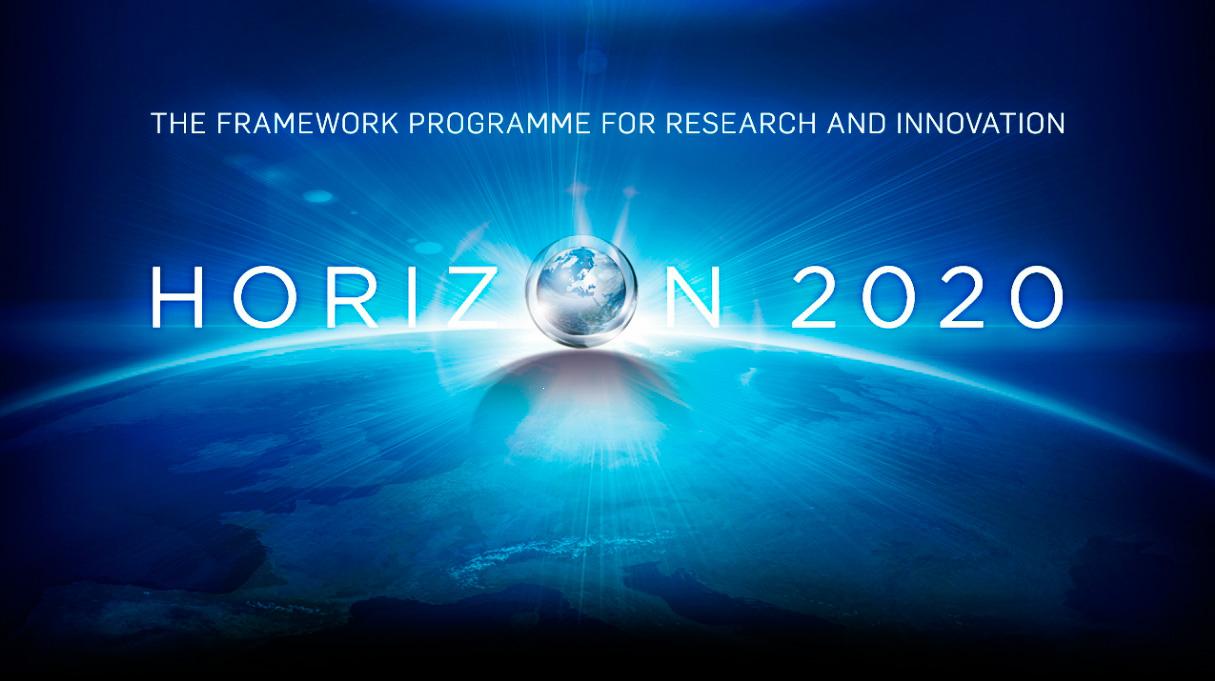Open Knowledge Foundation Germany awarded H2020 project to improve transparency in public spending and support whistleblowing

Horizon 2020 project DIGIWHIST to build a digital whistleblowing platform and help improve transparency in public spending
Berlin – 25.01.2014 – The tell-tale signs of public spending gone wrong are easy to spot. For example, an airport that is many years behind schedule and billions of Euro over budget, or a highway which leads to nowhere. What has been harder up to now is to how to shine a light on the problem and engage civil society in helping to curb it. The Open Knowledge Foundation Germany has just been awarded a new Horizon 2020 research project, DIGIWHIST, which aims to do just that.
The full project name is: The Digital Whistleblower: Fiscal Transparency, Risk Assessment and Impact of Good Governance Policies Assessed (DIGIWHIST) and will run for 3 years (March 2015 – February 2018). Open Knowledge Foundation Germany is in charge of the development of digital transparency tools. The total amount of the grant is 3,026,360 Euro.
The central objective of DIGIWHIST is to improve trust in governments and efficiency of public spending across Europe by empowering civil society, investigative journalists and civil servants with the information and tools they need to increase transparency in public spending and thus accountability of public officials in all EU and in some neighbouring countries.
Specifically, the project will create several interactive transparency tools intended for use by civil society, investigative journalists, and civil servants:
- national procurement portals and mobile apps allowing users to do four key things: 1) making the database and documentation downloadable, 2) providing easy to use interactive analytic tools, and 3) making it possible for users to contribute data and 4) allowing for anonymous whistleblower reports and freedom of information requests;
- a European transparency legislation observatory similar to the national procurement portals which allows users to access and understand existing legal frameworks related to public procurement;
- an easy-to-use risk assessment software for public authorities, which will be based on the indicators developed by DIGIWHIST, to assess corruption risks in their public procurement procedures.
Returning to the example of the airport, an investigative journalist who would like to understand more about the airport project could visit the DIGIWHIST platform and look up the public body overseeing the construction or a construction firm involved in the process. The information on the platform would include whether the public body has complied with public procurement laws, or whether the firm’s tendering behaviour has posed a corruption risk. This journalist could then file a report with the appropriate government agency to get more information on the project or even file a whistleblowing report if they have evidence of corrupt actions.
“Our research has proved that only the combination of engaged civic actors plus legislative instruments work in fighting corruption,” says Professor Mungiu-Pippidi, chair of the European Research Centre for Anti-Corruption and State Building Research. “For example, Freedom of Information Acts (FOIAs) are more effective when civil society is empowered to use them and hold governments accountable for corrupt actions.”
“To effectively fight corruption, we need to support the whole transparency spectrum: from open data, access to information, whistle-blower protection and active support for whistleblowers to freedom of expression and freedom of the press”, says Daniel Dietrich, Chairman of the Open Knowledge Foundation Germany. “We are proud to be part of the WIGIWHIST project and looking forward developing outcomes that have real impact.”
The consortium, led by the University of Cambridge, includes ERCAS (Hertie School of Governance), Corruption Research Centre Budapest, Hungary; Datlab, Prague, Czech Republic; Open Knowledge Foundation Deutschland, Berlin, Germany; and Transcrime (Università Cattolica del Sacro Cuore) organised crime research centre, Milan, Italy. DIGIWHIST builds extensively on the partners’ prior innovative work in this area, particularly EU FP7 ANTICORRP.
“As part of our research on public procurement for the ANTICORRP project we have shown that EU funds are particularly susceptible to corruption – up to one-third more than national funds,” explained project coordinator Dr. Mihaly Fazekas. “With DIGIWHIST we will be able to build tools to empower civil society and investigative journalists to both pull back the curtain on irregular public spending and to report irregularities.”
Fazekas and his team at the Corruption Research Centre Budapest have already shown that in the Czech Republic, Slovakia and Hungary, EU funds (ie, Cohesion Funds) are at a 33% higher risk of being distributed irregularly than national funds. Based on their analysis, they have developed three indicators of corruption including one on political corruption.
European civil society groups, investigative journalists and civil servants involved in or concerned about transparency in public spending are welcomed to contact the project for more information.
Contact for press queries and for general information: Daniel Dietrich, Chairman of the board. Contact details: presse@okfn.de, +49 30 57703666 0
The Open Knowledge Foundation Germany is a pioneering an award winning Civil Society Organisation working on different aspects of the digital age, with a strong focus on open government, open data and transparency, we also do work on civic tech, digital democracy, citizen engagement, open aid, open GLAM, open science and the digital commons. www.okfn.de